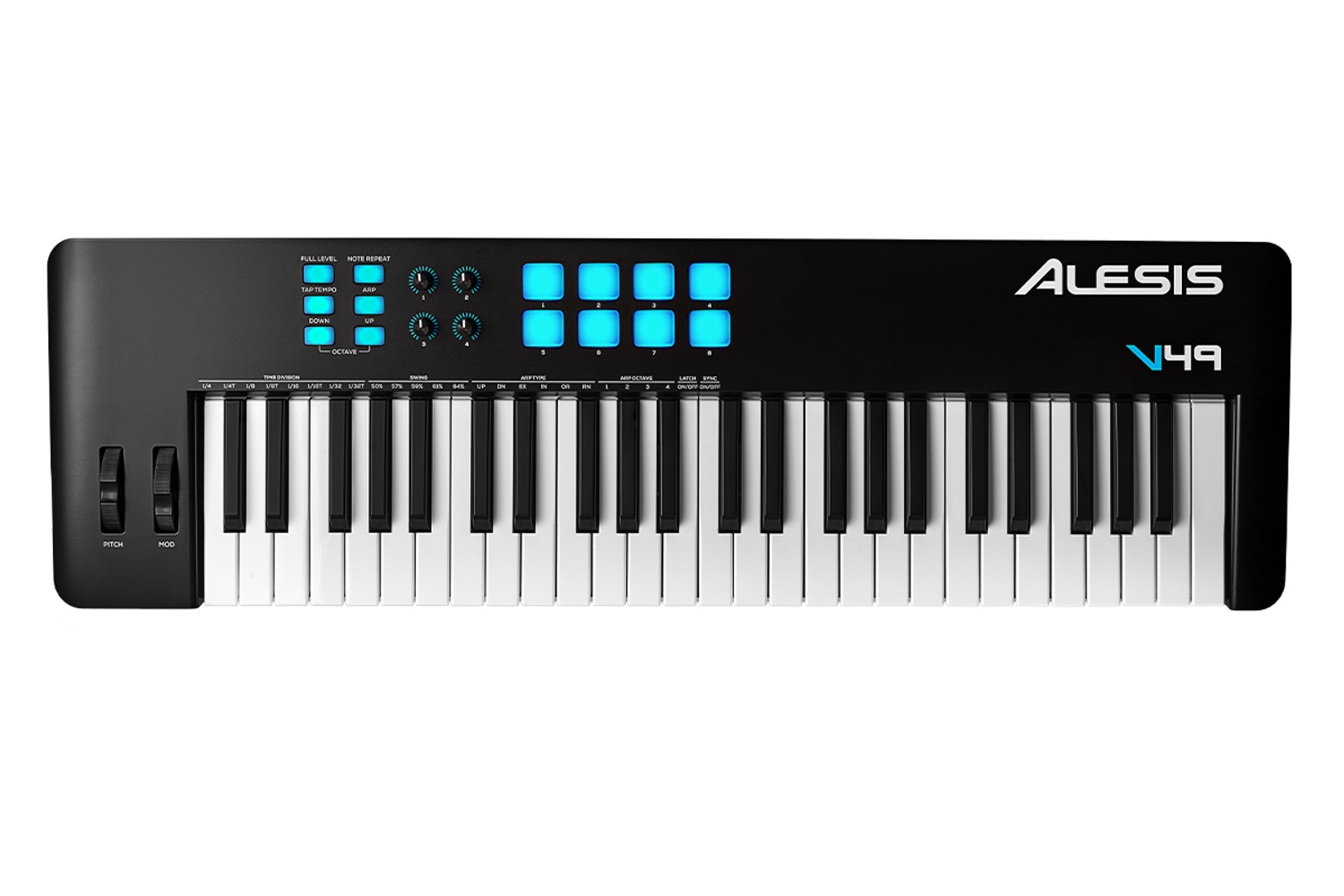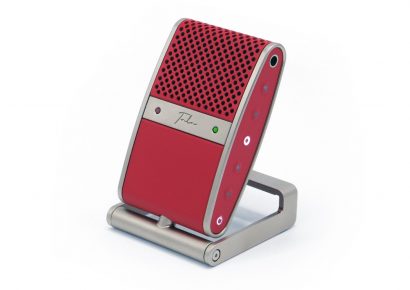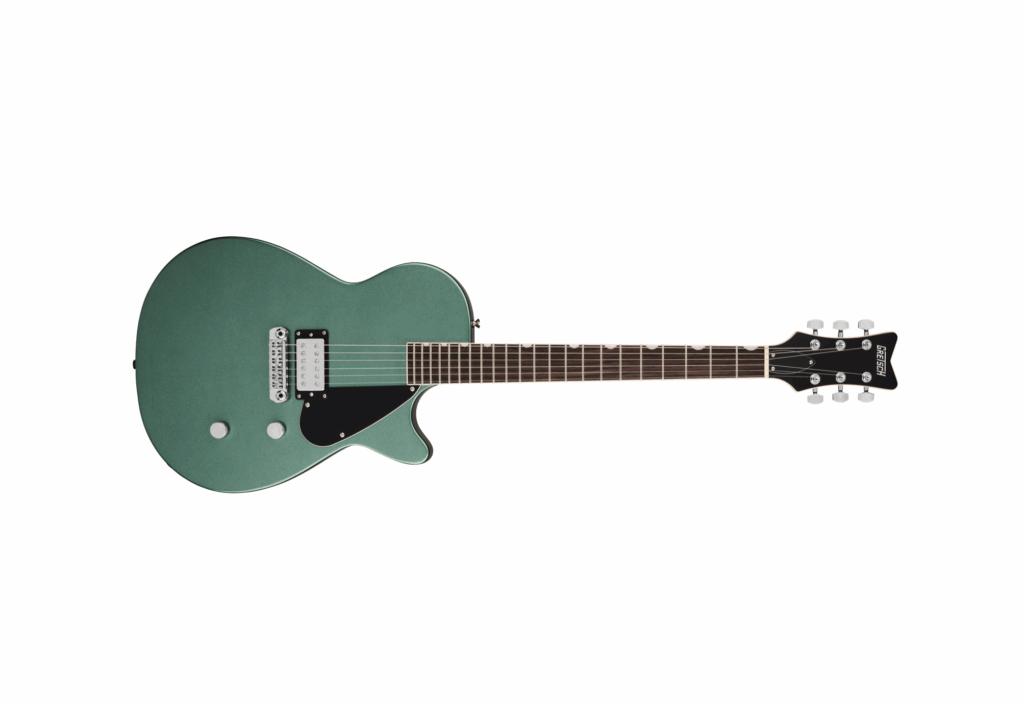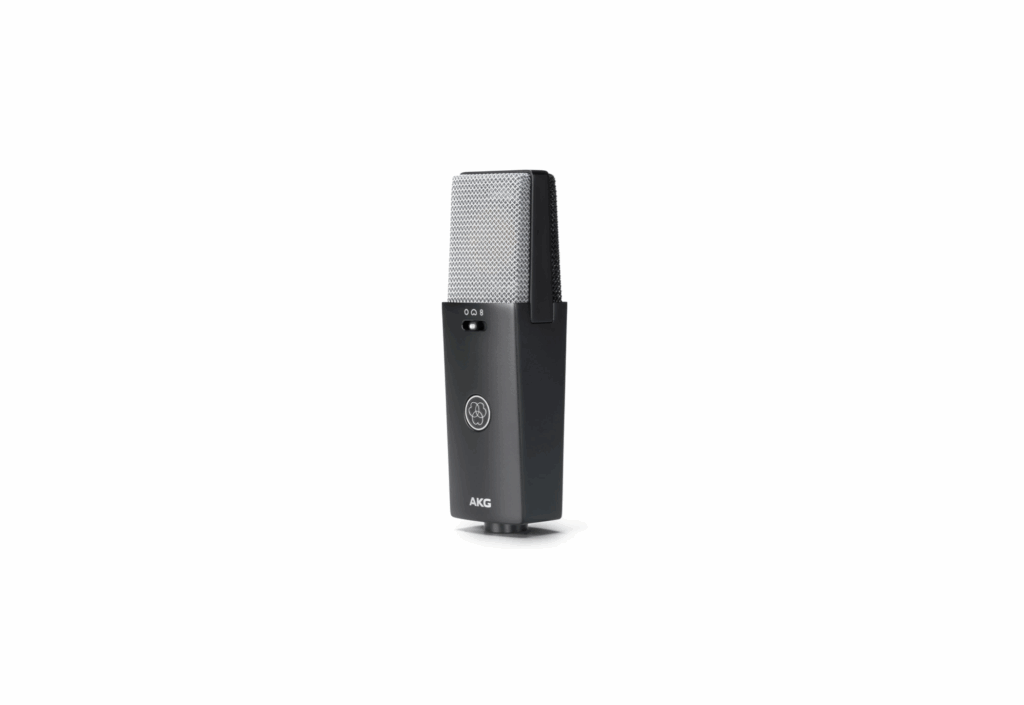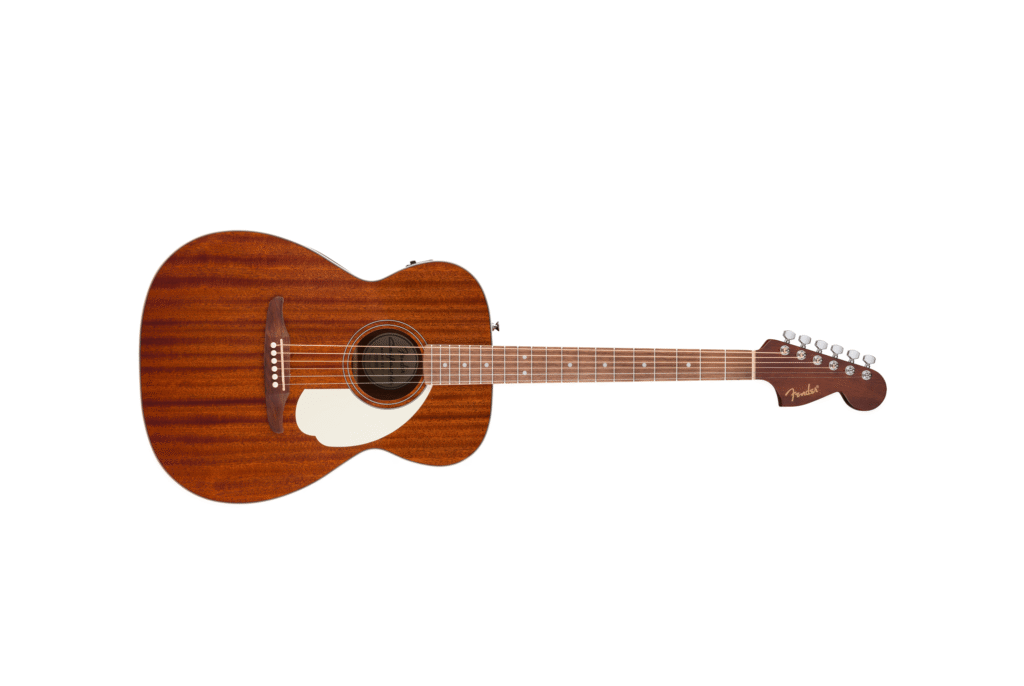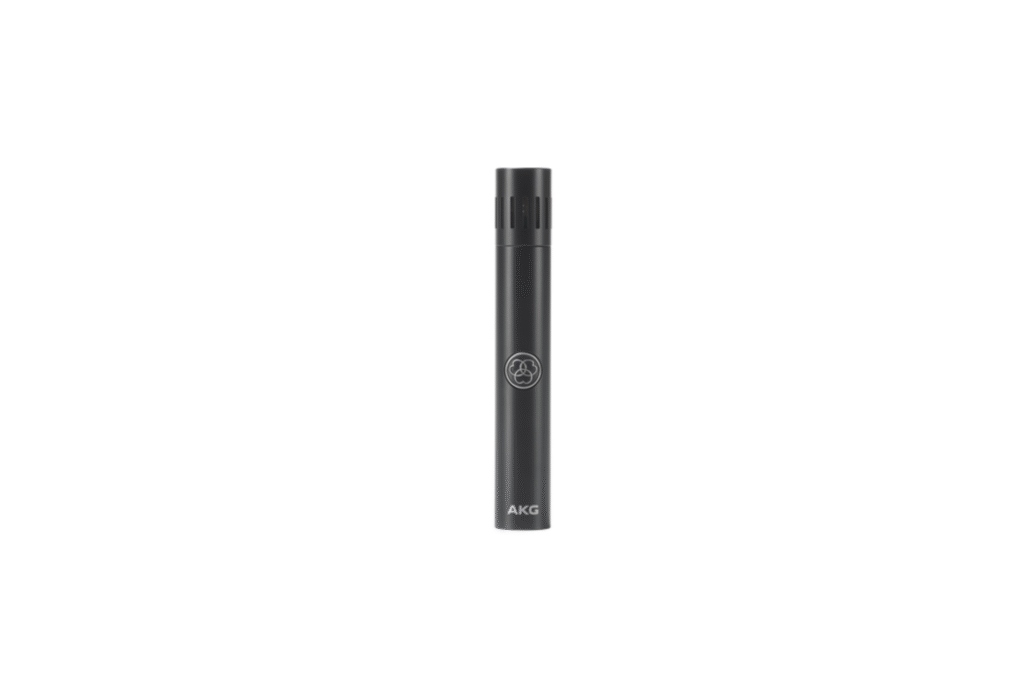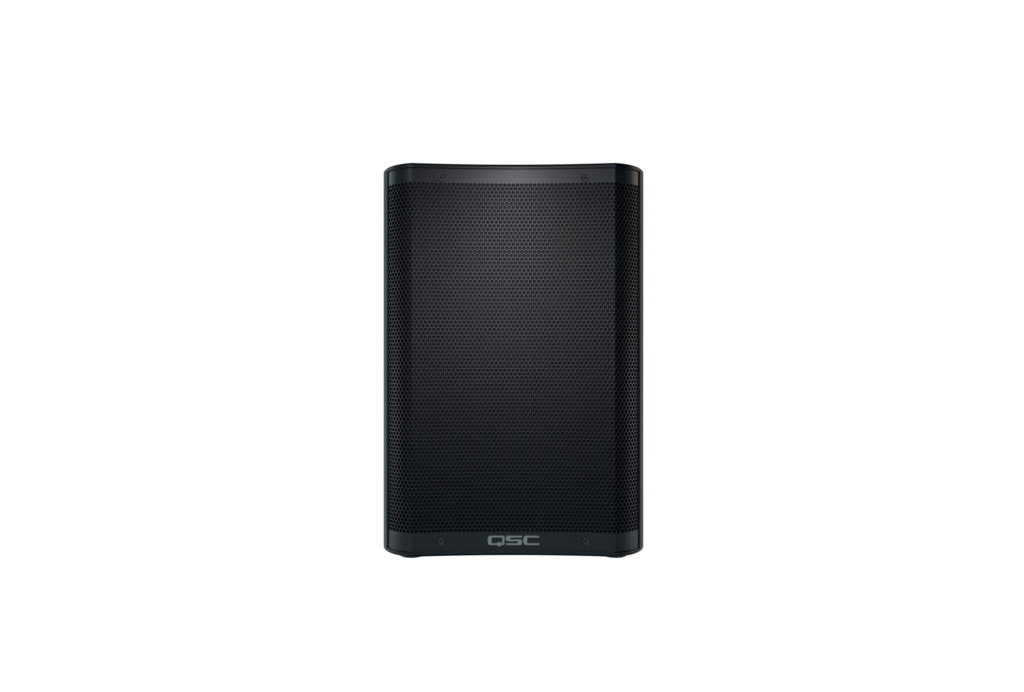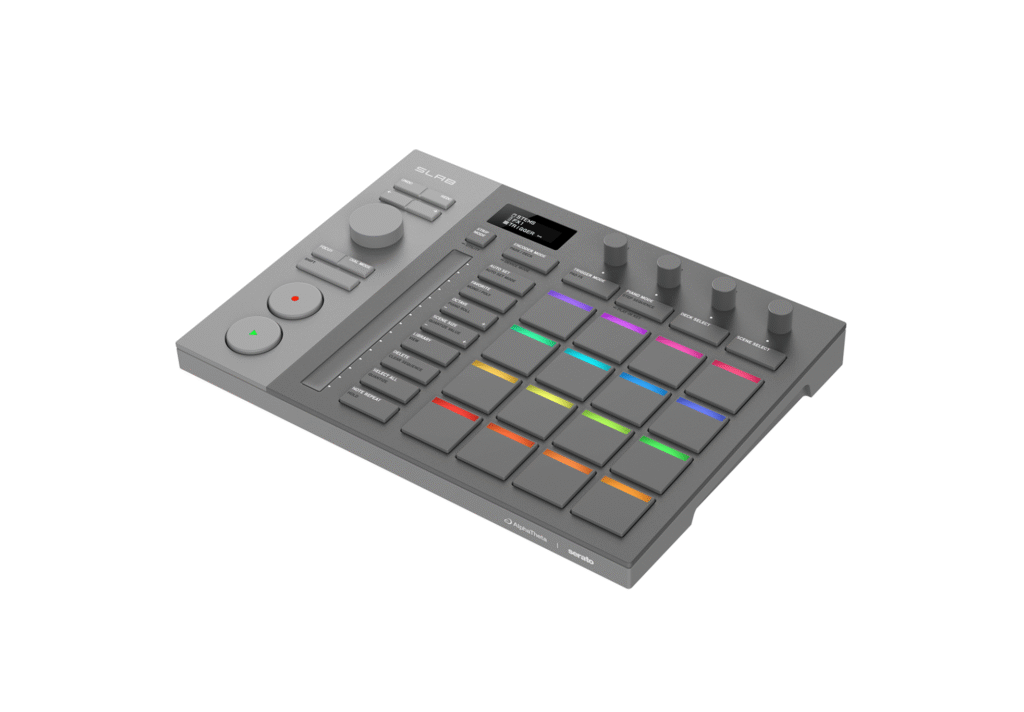Electric Factory | RRP $239
When shopping for a MIDI Controller, there is a significant step up in quality and cost between entry-level and professional-grade keyboards. Cheaper models either feel unsatisfactory or are dysfunctionally compact, while professional models can represent too great an investment for those testing the remote control waters. Enter the Alesis V49 MKII, sitting bang in the sweet spot for those wanting to balance performance and affordability with a controller that feels like a synthesiser. The V49 MKII has the in-demand features that producers and creators need from a USB MIDI keyboard.
Read more product reviews here.
With a sleek, modern design consisting of rounded corners and a matte black finish, the V49 will look right at home in your studio. In a world of overstimulating, online-gamer connoting RGB lights, the minimalism of the ice blue and black colour scheme is refreshing. At 2.75 kilos, it is portable enough to take anywhere you’ll take your laptop, but built with a reassuring sturdiness that it can survive the inevitable bumps of regular transportation. A single USB cord both supplies power to the V49 and transmits MIDI information, saving clutter in your setup. There is even a Kensington Lock Detector for theft protection, in case you get rolled for your gear on the late-night tram home.
The 49 keys have a decidedly springy and synth-like action to them. This is perfect for beginner to intermediate players that either don’t want to be intimidated by a highly sensitive piano action style controller or want something that feels closer to most synthesisers, as full-weighted actions are mostly reserved for flagship models and digital pianos. At 49 keys, you will need to use the handy octave buttons to open up the full range of your MIDI-controlled instruments, but most users will be happy to save the valuable desk real estate.
The arpeggiator features six modes that play the notes in the corresponding orders: up, down, up/down inclusive of top/bottom notes, up/down excluding top/bottom notes, the order you press the keys and random order. You can latch the arpeggiator, choose how many octaves it travels across, add swing, choose timing divisions, and clock it to an external source. There is plenty here to get you going, to inspire you to write melodies and build songs.
There are four assignable knobs to control MIDI ‘Control Change’ messages, adding further tactile control over software or hardware electronic instruments, meaning you do not even have to take your hands off the unit. The velocity-sensitive pads also have a satisfying response, perfect for programming rhythm patterns. The pads are accompanied by ‘Note Repeat’ and ‘Full Level’ buttons, which will be familiar to anyone that’s previously used an MPC.
Speaking of MPCs, the V49 comes with the MPC Beats DAW software, meaning you can hit the ground running producing music with just the addition of a Mac or PC to connect it to. Seven MPC Beats Expansion Packs are included, covering a variety of genres providing you with a great starting point for creating music, ensuring all tastes are covered. The free V49 MKII Editor software covers controller settings such as velocity response for the keys and pads and the MIDI ‘Control Change’ settings for the four customisable knobs. The editor also features 60 free piano lessons from Melodics, which offer an intuitive way to learn or practise the piano at any stage in your playing career, especially if you are on the move.
In use, the V49 was fun to use. In an age of ever-advancing complexity and having to learn brand-specific workflows the simplicity of the V49 was notable. Being class-compliant, there was no need to install drivers, one USB connection and my computer recognised the device. I could instantly play VSTs using the silky touch of the keybed. The free editor came in handy to assign the knobs to generic CCs that I could direct my VST to control filter cutoff and resonance, feedback, and envelope depth. The arpeggiator made writing techno basslines easy work and the pads were a treat to trigger samples. It connected just as quickly to my MPC One where it could play the internal sounds with ease.
The main change from the popular MKI model of the V49 is changing the layout to a more conventional one with the buttons, pads and knobs above the keys as opposed to next to it. This is undoubtedly more ergonomic and intuitive to use as it will avoid crossing hands over or adjusting your line of sight, but it does make the controller deeper in terms of its footprint. The MKI featured smaller pitch and modulation wheels which have been upgraded to full-sized on the MKII.
Alesis have long represented reliable quality and performance at an appealing price and the V49 MKII typifies this. Its minimal design saves time reading the manual from front to back so you can focus on what matters; the music. A highly portable and robust design makes it a no-brainer for anyone looking for a solid 49 key MIDI controller at this price point. This versatile MIDI controller keyboard comes equipped with everything needed to take your ideas from concept to final production. The MKI has been a popular model and the MKII is sure to build on this success.
Head to Alesis’ website for more. For local enquiries, get in touch with Electric Factory.
